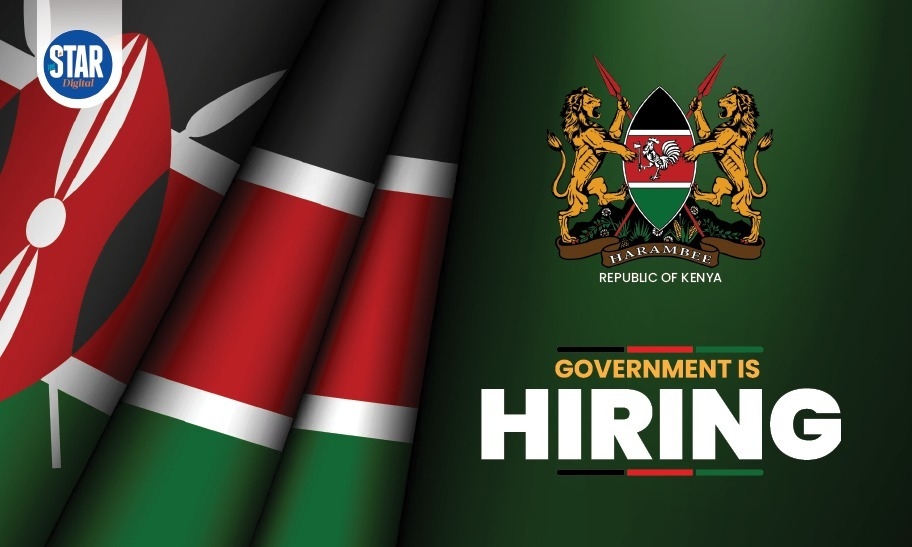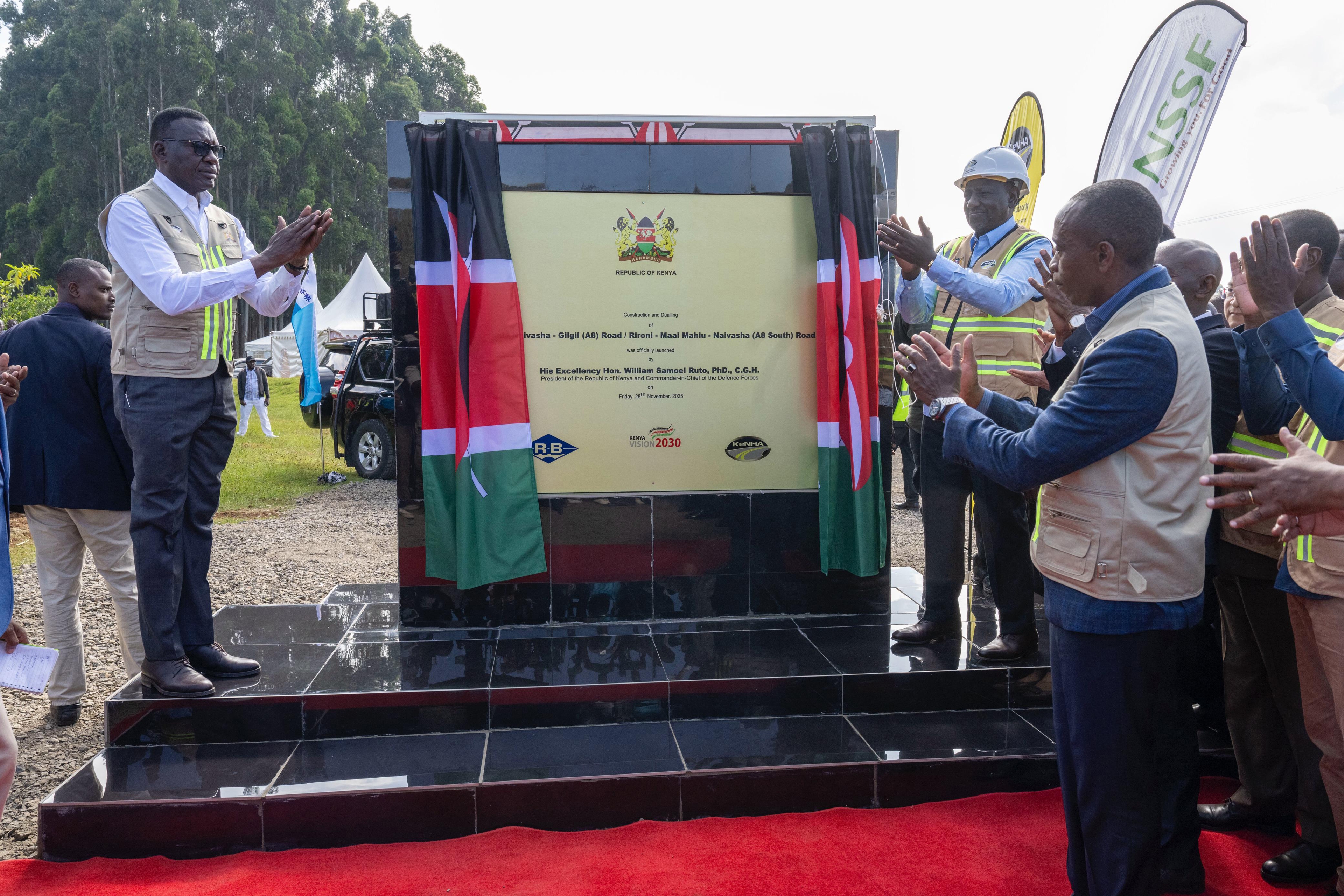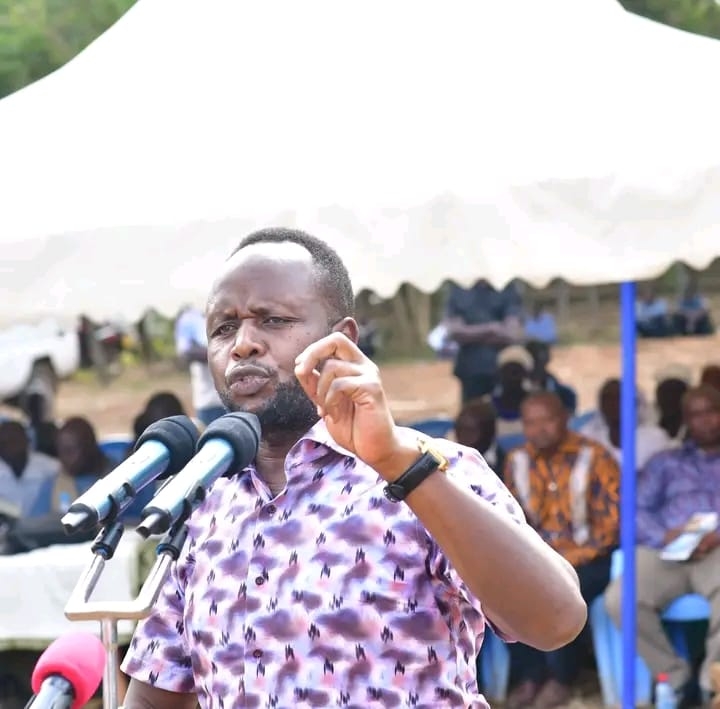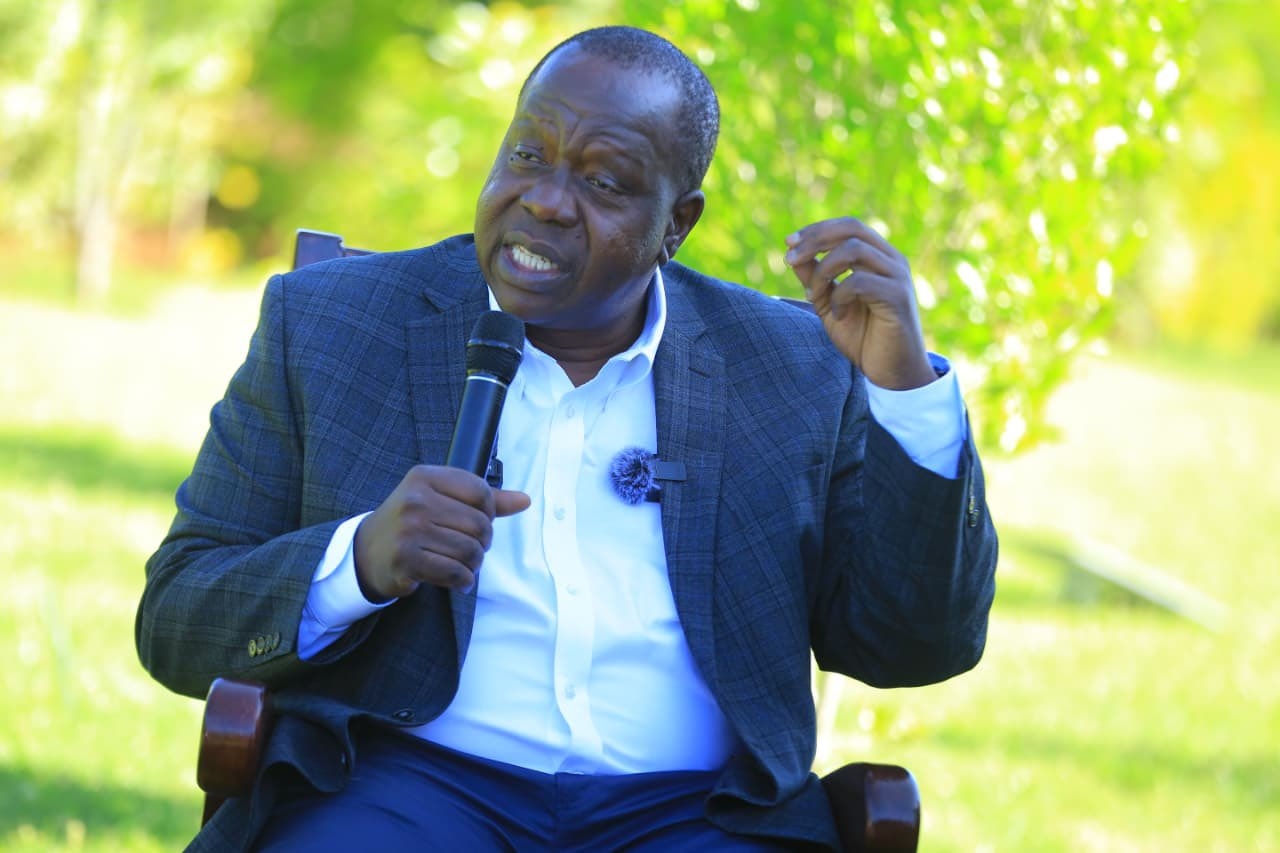The Government has been urged to urgently address the acute shortage of radiographers in health facilities across the country.
The Society of Radiography in Kenya (SORK) raised concerns over insufficient manpower in most facilities in the country saying it's a critical gap that needs to be filled to improve healthcare delivery to Kenyans and combat the increasing cancer cases in the country.
SORK president, Jevas Kenyanya, told journalists that the shortage of radiographers is detrimental to the realisation of the government’s Universal Health Care.
He spoke at Kenyatta University Teaching, Research and Referral Hospital (KUTRRH) during a free breast and cancer screening exercise organised by the Society in partnership with the hospital.
“We are a critical group of healthcare workforce in this country. However, despite the radiography services being 24-hour services in health facilities across the country, there are not enough personnel to provide the services which means that patients are not able to effectively and efficiently access the services,” Kenyanya said.
While challenging the devolved units to employ more radiographers in their health facilities, Kenyanya pointed out that most counties are operating with less than five radiographers despite their regions being expansive and highly populated.
Kenyanya asserted that the crisis will be effectively addressed once the government through the Ministry of Health gazettes the Radiographers Board of Kenya, which was established after the enactment of the Radiographers Act No 28 of 2022.
“The profession in terms of training and practice has not been regulated for a very long time. We got the Act last year but it’s yet to be operationalised," he said.
"We are therefore calling upon the Minister of Health to gazette the board which will come up with the regulatory framework to operationalise the Act to address major issues in the profession."
Kenyanya noted that the gazettement of the Radiographers Board of Kenya will go a long way in streamlining the training and practice of radiography and introduce areas of specialisation whose training is not available in the country.
“The government has invested heavily in radiography and medical imaging technology including the SPECT and Cyberknife. Such areas need specialization but the training is only available abroad. We need the government to localise the training so that we can have more specialists in the profession,” he said.
“We deal with dangerous radiations which can potentially cause cancer and this has been a major concern.”
He also called on both the national and county governments to standardise the salaries and remuneration of radiographers.
He said that most counties miss the critical health staff due to the varying payments adding that SORK is working closely with the Ministry of Health and the county governments to develop a standardised scheme of services that will ensure that their pay is uniform.
Meanwhile, the radiographers raised concerns over increasing cancer-related deaths in the country which they blamed on reluctance by Kenyans to go for screening for early diagnosis and treatment.
SORK secretary Samuel Karanja said that most Kenyans seek medical attention when the disease has advanced to fatal levels.
“Kenyans need to go for screening so that the disease can be detected early enough and be treated. What we’ve witnessed here during the screening exercise is worrying. We are concerned by the increasing mortality rate due to cancer,” Karanja said.
Karanja called for concerted efforts between the national and county governments to facilitate radiography services at the grassroots levels to enhance screening and further improve primary health care.














